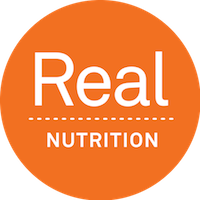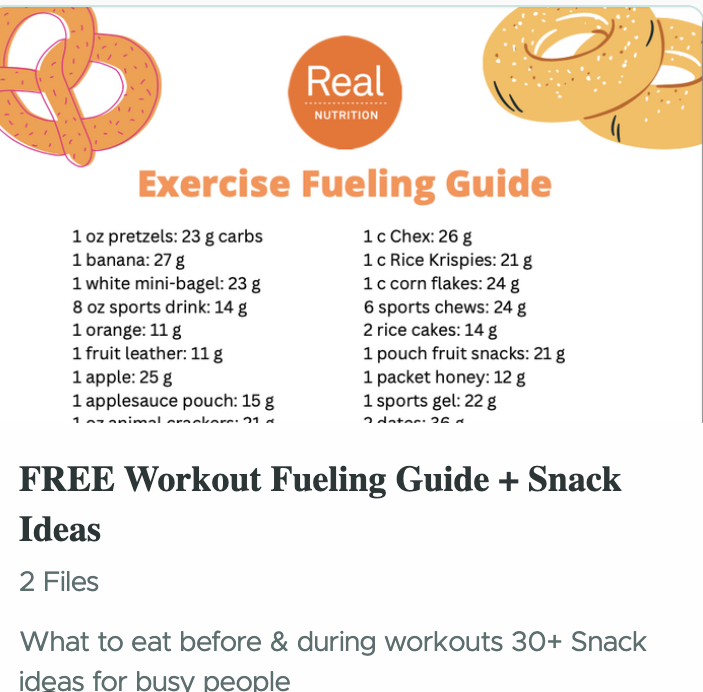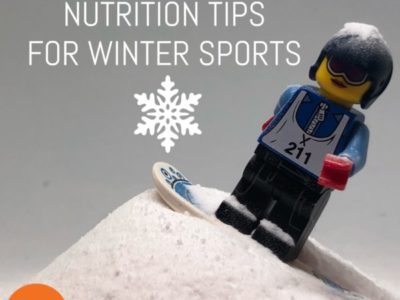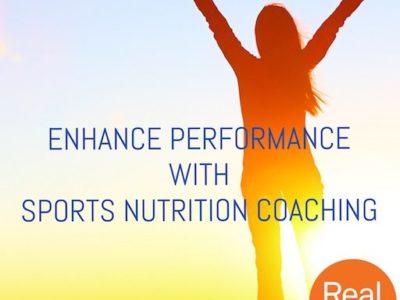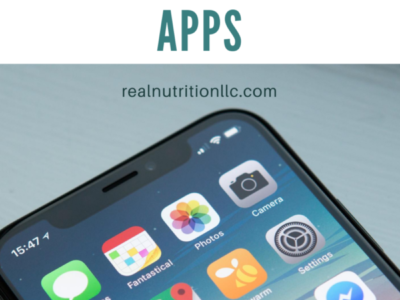What causes fatigue when exercising?
By Hailey Davis
Edited by Marisa Michael
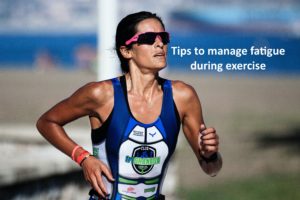
Many of us enjoy exercising, until the fatigue sets in! It’s the enemy of the best laid training plans, missed paces on race day, and often convinces us to quit before we wanted to.
Fatigue occurs when our muscles do not receive adequate energy fast enough to fuel movement. Fatigue feels like burning and soreness in our muscles, which can become severe enough to make us stop moving completely.
What are some common causes of fatigue in exercise?
Glycogen availability is a big one!
Glucose is the body’s main fuel source for exercise. When we eat food, primarily carbohydrates, some glucose from the food is used immediately to fuel normal body functions, but the rest can be stored in the liver and skeletal muscle as glycogen. We refer to this as our “glycogen stores.” Glucose is easily removed from storage whenever it is needed for exercise.
The problem, though, is that the liver and skeletal muscle can only store so much glucose. Glucose is also the brain’s main fuel source, so the body has to reserve some for brain function. Unfortunately, the body can become tapped out of glycogen stores with just a few hours of exercise, so glycogen availability is often the limiting factor in exercise performance. The best that we can do when preparing for exercise is to make sure that our glycogen stores stay filled up!
If you’re doing an event longer than two hours, you may benefit from a carb loading protocol.
Glycogen stores are important for all types of exercise. If your stores are not full, you may be experiencing fatigue faster than you should be.
Tips to keep your glycogen stores up:
- Your glycogen stores get pretty depleted after a full night’s sleep! If you plan to exercise in the morning, be sure to consume some carbohydrates beforehand to re-fill.
- If you plan to exercise in the evening, consuming carbohydrates consistently throughout the day/at all meals and snacks will help to keep your glycogen stores full for exercise.
- Consuming a carbohydrate snack prior to exercise will top your stores off.
- You can consume carbohydrates strategically based on exercise timing. If you plan to exercise 30 min-1 hr after your snack, pick a simple carbohydrate like crackers, juice, pretzels, white bread, white bagels, graham crackers, fruit gummies, etc. These will break down and become available faster than complex carbohydrates.
- If you plan to exercise a few hours after your snack, you can consume a more complex carbohydrate like oats, whole-grain bread, sweet potato, etc. These will break down slower and give you more consistent fueling over several hours.
- You may need to consume additional carbohydrates during endurance exercise. Talk with a Registered Dietitian trained in sports nutrition for specific recommendations based on your individual needs.
- Be sure to consume carbohydrates after exercise as well to re-fill the glycogen that you have used up.

Lactate build-up can also cause fatigue
You know that feeling of burning sensation in your muscles when you push yourself hard at your sport. Exercising at a high-intensity, when our body cannot get enough oxygen into our system, results in the production of lactate. Lactate increases the acidity in our muscles and causes fatigue. Our muscles just can’t work as well when their environment becomes acidic!
Tips to manage lactate
- If you want to increase the length of your exercise, tone down the intensity to prevent lactate build-up.
- If you’re just getting back into exercising, increase your intensity gradually, not all at once.
- Try sodium bicarbonate. (Check out our blog post to learn more!)
- Get plenty of rest between sets of high-intensity exercise. Lactate will be cleared by your body faster if you stop movement.
- Make sure to take rest days, especially when sore.
- Stay hydrated! Don’t forget to hydrate during your workout.
- Stretch after exercising to encourage lactate clearance and prevent sore muscles.
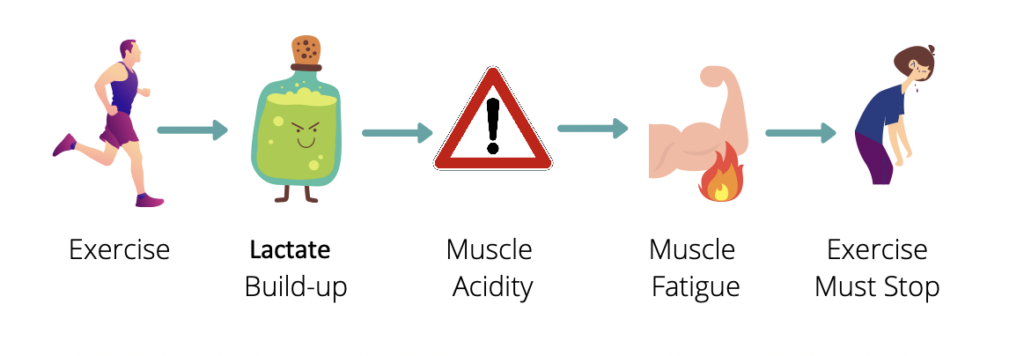
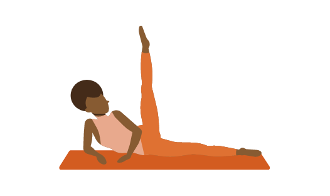
Dehydration can also cause fatigue
Water is key to carrying out the chemical reactions in our body that supply us with energy and deliver vitamins and minerals to our cells. We all know to keep hydrated to prevent dehydration, but this is even more important when exercising because more fluid is lost through sweat. Sweat can remove important electrolytes that we need as well.
Tips to stay hydrated
- Drink water throughout the day, not just before/during exercise.
- Don’t drink too much water right before/during exercise as it can cause bloating/abdominal symptoms.
- Drink more water on days that you also consume caffeine.
- A good way to check your hydration status is to assess the color of your urine – it should be mostly clear with a tinge of yellow, not bright yellow.
- If you engage in heavy exercise and/or notice that you sweat often or produce salty sweat, you may want to try an electrolyte replacement. Talk with a Registered Dietitian trained in sports nutrition for more details.
- Check out our course on hydration for athletes
- Consider a sweat test (see our blog post on the Gatorade Gx sweat patch!)
Last thoughts:
Fatigue can be caused by duration or intensity of exercise as well. Fatigue isn’t necessarily a bad thing–sometimes working out at an uncomfortable zone is just what you need in order to see training gains. As your body adapts, you should see less fatigue with the same types of exercise. If you’re chronically fatigued, it may be a sign of overtraining or relative energy deficiency in sport. If you notice this, seek medical help to troubleshoot the root cause of your fatigue.
Like this?
I’ve got a whole lot of resources for you!
Check out our amazing nutrition resources, including on-demand courses, free downloads, and webinar replays.
- Nutrition for Climbers
- The Ultimate Guide to Useful Sports Supplements
- Ditch Diets and Become an Intuitive Eater
And be sure to follow us on Instagram!
Book an appointment with the dietitian
~Disclaimer: This post is general information and should not be used as medical advice. Always seek medical care from a qualified professional before making any changes to your diet, medication, supplements, hydration, etc.
Reference:
Karpinski C, Rosenbloom CA. Sports Nutrition: A Handbook for Professionals, Sixth Edition. Chicago, IL: Academy of Nutrition and Dietetics;2017.
Further reading: https://www.mysportscience.com/post/what-causes-muscle-cramps-in-exercise
